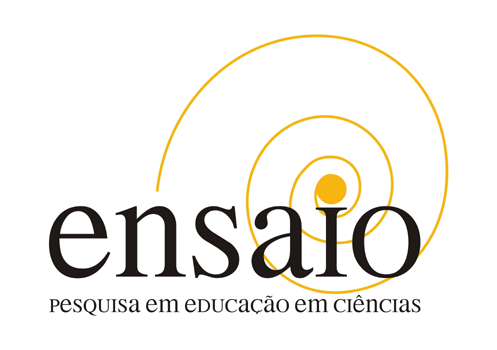Abstract:
The study investigates the social representations of schistosomiasis among school children living in an endemic area in the State of Minas Gerais, focusing on their attitudes and popular beliefs in relation to the disease. The intention of this research is to propose a basis for elaboration, production, adaptation and contextualization of the pedagogical approach and educative materials. The theoretical reference adopted is that of social representation, from a cognitive perspective. The study included 128 schoolchildren, between 7-14 years from two different public schools. They were positive and negative for schistosomiasis. For data collection, the techniques of free-association, word hierarchy, centralism control and semi-directive interviews were applied. The data analysis were conducted according Bardin's content analysis. The results show that social representation of schistosomiasis among the studied group is related to ideas about disease transmission, symptomatology and its description. It was observed that the representations are anchored on past knowledge of older people that knew schistosomiasis as a serious and more severe disease. The profile characterized here has implications for pedagogical practice and, thus, the educative actions for health promotion should be supported by both the heterogeneity and the specificities of representation observed.
Keywords:
health education; social representation; schistosomiasis
